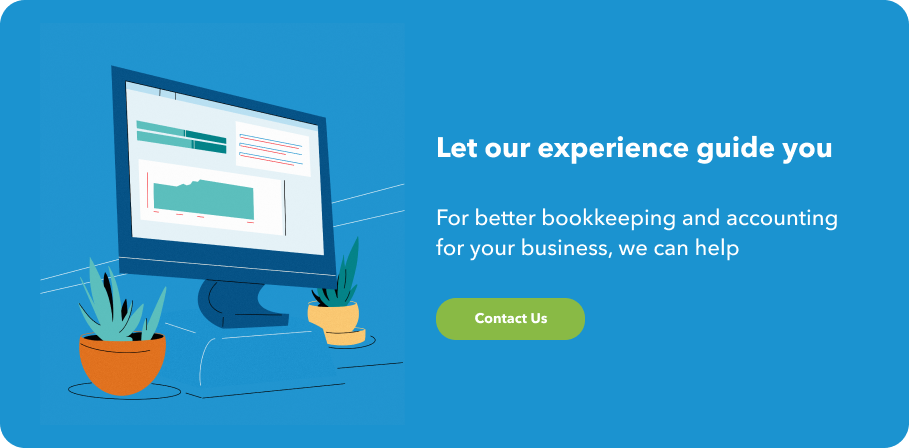After spending years building your business, you’ve started to think about a transition. Maybe you’ve been planning a business sale as part of your exit strategy since the beginning, or maybe a recent merger or acquisition in your industry or region sparked the idea. Perhaps you simply woke up one day and realized you were done running your company.
Whatever inspired you to consider selling your business, what matters next is timing. To maximize your purchase price and minimize frustration and effort, you’ll need to carefully identify the optimal window for your exit. You’ll need to look out for certain signs, because while every liquidity event is unique, a few general timing factors almost always apply.
The best time to sell your business is a) when the business is growing, b) market conditions are favorable, and c) you’re ready to move on to the next stage of your life.
Is Your Company Is Ready to Sell?
Owners tend to love their businesses, as they should. But don’t let your passion for what you’ve built cloud your understanding of your organization’s objective merits and liabilities. Remember: value is in the eye of the buyer.
Ideally, when you decide to sell your company, you should have a solid book of business and a lot to offer to a buyer—with plenty of time to figure out a strategy.
What do buyers look for? In a word: growth. They want to catch companies at the ideal moment of the business lifecycle—not during the early stages (pre-growth) and not after revenues and profits have reached a plateau (post-growth). Consider if and how you can convince someone that now is the perfect opportunity to dive in.
Assuming you can demonstrate a sustained pattern of growth, the next steps in determining readiness are to take full inventory of your business and seek a professional valuation.
See if you can answer the following questions:
- What is my business truly worth?
- What is my asking price?
- Can I justify it?
- What changes can I make now to increase the value of the business?
- Would my business continue being successful without me?
- What do the company’s stakeholders stand to gain and/or lose from a sale?
- Do I have a transition team in place?
Which Market Factors Matter?
Like the stock market, the M&A landscape waxes and wanes in concert with larger economic forces, sometimes in your favor. Look at your competitors and similar-sized companies in your sector:
- How many have been sold or acquired over the last few years?
- How many are acquiring smaller companies?
The same trends that make your business an attractive prospect to a buyer may also compel you to sell as quickly as possible, before market forces move in the other direction. If you run a startup, for instance, you may want to exit before the next wave of disruption emerges.
Overall market factors that signal a good environment for business sellers include the following:
- high rates of recent transactions closed
- high recent purchase price multiples
- higher-than-average strategic buyer activity
- low taxes
- low interest rates
- a strong economy
- cheap debt financing
Are You Personally Prepared to Sell?
Ultimately, the success of your business sale rests on you—your actions, expectations, and ability to endure the admittedly challenging M&A process. Before you start approaching buyers, be sure to make time for self-reflection:
How are you feeling about an exit? Do you arrive at work each day excited to tackle new challenges or are you feeling irritable, worn out, and dispirited? Does the job still motivate you, or have you lost touch with your skills and interests? Can you imagine running your business for another five, 10, or 20 years? Feelings of burnout may indicate that now is the time to sell your company. Keep in mind, however, that you’ll need to muster up the energy to communicate and negotiate with your buyer—while continuing your day-to-day work—for at least several months. And depending on the structure of the deal, you may need to remain involved (e.g. as a consultant) for a period after the transaction has closed.
Do you feel clear about your long-term objectives? Unless you planned on operating your business indefinitely, you should have some idea about the next stage of your career. Following your instinct to sell, reflect on the current state of your position and company as circumstances compare to your mental timeline: Are you ahead of schedule? Behind schedule? Right on time? Depending on your age and cost of living, the decision to sell could precipitate your retirement, provide you with enough money to take a well-deserved vacation, or launch you straight into your next venture.
In short, make sure the decision to sell your business aligns with and is timed with your personal goals, and that it can provide you with enough revenue to meet those goals.
One last piece of advice: don’t go it alone. If you’ve determined that your business is ready for sale, save yourself time, money, and frustration by building a team. Financial and legal professionals can help you strategize, overcome the challenges ahead, and secure the highest possible value—so you can focus on running your business in the interim. Ask us about preparing your business for sale.
Quick Note: This article is provided for informational purposes only, and is not legal, financial, accounting, or tax advice. You should consult appropriate professionals for advice on your specific situation. indinero assumes no liability for actions taken in reliance upon the information contained herein.




